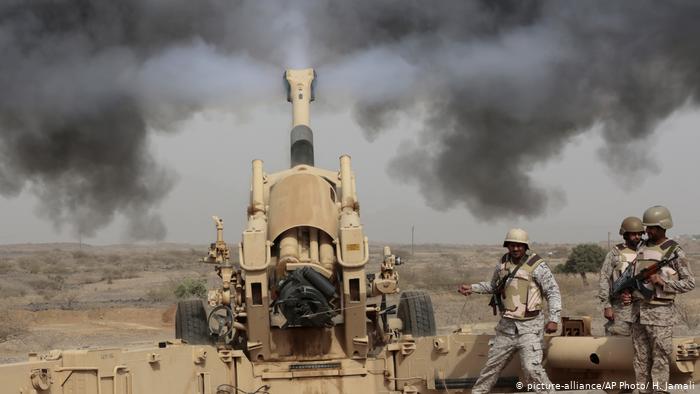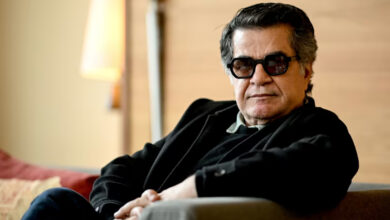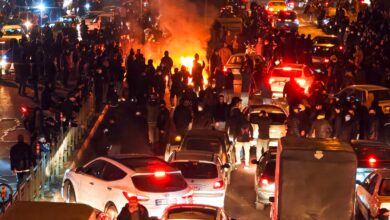
DUBAI (Reuters) – Iran accused its main regional rival Saudi Arabia on Monday of adopting a “militaristic, crisis-based approach” for accusing Tehran of carrying out last week’s attack on two oil tankers at the entrance to the Gulf.
Saudi Crown Prince Mohammed bin Salman on Sunday urged the international community to take a “decisive stand” over the attacks – but said the kingdom did not want a war in the region.
“Salman’s charges against Iran in various situations are a continuation of Riyadh’s misguided approach and attempts to escape the problems brought on by their own policies,” Iranian Foreign Ministry spokesman Abbas Mousavi said, according to state TV.
“Saudi Arabia has poured out the wealth of its people and countries in the region with a lack of proper understanding of the region’s variables with a militaristic, crisis-based approach.”
Iran has denied any role in Thursday’s strikes south of the Strait of Hormuz, a vital oil shipping and transit route.
The attacks on the two tankers, which the United States also blamed on Iran, have raised fears of a broader confrontation in the region.
Saudi Energy Minister Khalid al-Falih said on Monday that, after the attacks, countries must cooperate to keep shipping lanes open for oil and other energy supplies to ensure stable supplies.
Iran said it was in charge of security in the Gulf and the Strait of Hormuz and urged U.S. forces to leave the region.
“We have always said we guarantee the security of the Persian Gulf and the Strait of Hormuz,” Ali Shamkhani, secretary of Iran’s Supreme National Security Council, was quoted as saying by the state broadcaster IRIB.
Norway’s Frontline, which owns one of the tankers that was struck last week, said that “the general area of the Strait of Hormuz represents a real and very serious risk to shipping”, and that precautions must be put in place to ensure safe passage.
He said Frontline had suspended some of its shipping in the area and only resumed it once increased security was in place.
Additional Reporting by Tuqa Khalid in Dubai, OSLO newsroom; Writing by Parisa Hafezi; Editing by Kevin Liffey




